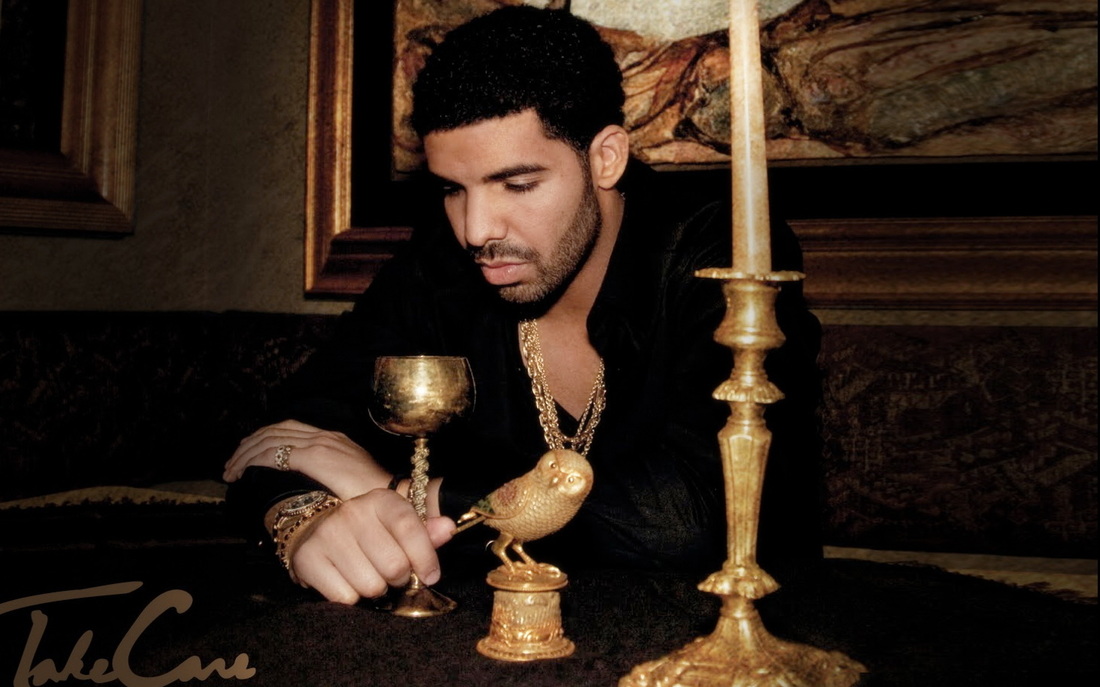Young Money Entertainment: The Rise Of A Hip-Hop Empire
Young Money Entertainment isn't just another record label; it's a cultural phenomenon that reshaped the music industry. Founded by the legendary Lil Wayne, this powerhouse has become synonymous with hip-hop excellence. From its early days to its current status as an industry giant, Young Money has consistently pushed boundaries and introduced new talents to the world. If you've ever wondered how this label became so influential, you're in the right place.
Let's be real, hip-hop isn't just about music anymore—it's a lifestyle, a culture, and a movement. Young Money Entertainment perfectly embodies this spirit. The label has been a breeding ground for some of the biggest names in the industry, and its influence extends far beyond just making hits. It's about creating legends.
Now, if you're here, chances are you already know a thing or two about Young Money. But what you might not know is the backstory, the struggles, and the triumphs that turned this label into a global powerhouse. So, buckle up because we're diving deep into the world of Young Money Entertainment!
Read also:Jackie Siegel Net Worth The Story Behind The Queen Of Opulence
Table of Contents
- The History of Young Money Entertainment
- The Visionary Behind the Label: Lil Wayne
- Meet the Young Money Artists
- The Cultural Impact of Young Money
- Key to Success: What Makes Young Money Unique?
- Challenges Faced by Young Money Entertainment
- The Future of Young Money Entertainment
- Business Strategies That Worked
- The Evolution of Young Money's Sound
- Wrapping It Up: Why Young Money Matters
The History of Young Money Entertainment
Let's rewind to the early 2000s when Lil Wayne was still building his empire. Young Money Entertainment officially came into existence in 2005 as a subsidiary of Cash Money Records. But it wasn't just about creating another label—it was about building a legacy. The vision was simple yet ambitious: find raw talent, polish it, and let it shine on the global stage.
Fast forward to today, and Young Money Entertainment is a household name. The label's journey hasn't been without its ups and downs, but it has consistently delivered. From signing Nicki Minaj to launching Drake's career, Young Money has been at the forefront of hip-hop innovation. And let's not forget, it all started with a dream and a lot of hustle.
But what really sets Young Money apart? Is it the talent, the vision, or the business acumen? We'll get to that, but first, let's talk about the man behind the curtain.
The Visionary Behind the Label: Lil Wayne
Talk about Young Money, and you can't skip Lil Wayne. The man who started as a kid rapper on Cash Money Records grew up to become one of the most influential figures in hip-hop. Lil Wayne's journey from Baby Weezy to Teflon Don is nothing short of legendary. He didn't just make music—he made movements.
As the founder of Young Money Entertainment, Lil Wayne wasn't just looking for artists; he was looking for family. He wanted to create a space where artists could express themselves freely and grow together. This mentality is what attracted some of the biggest names in the industry to join the label.
Biography of Lil Wayne
For those who don't know, Lil Wayne was born Dwayne Michael Carter Jr. on September 27, 1982, in New Orleans, Louisiana. His journey in the music industry began at the tender age of 9 when he joined Cash Money Records. Here's a quick rundown of his life:
Read also:Kenneth Feinberg Net Worth The Man Behind The Numbers
| Full Name | Dwayne Michael Carter Jr. |
|---|---|
| Birthdate | September 27, 1982 |
| Birthplace | New Orleans, Louisiana |
| Label | Cash Money Records, Young Money Entertainment |
| Genre | Hip-Hop, Rap |
Wayne's impact on the music industry is undeniable. His ability to reinvent himself and stay relevant is what makes him a true icon. But enough about the boss—let's meet the team.
Meet the Young Money Artists
Young Money Entertainment is home to some of the biggest names in the music industry. From Nicki Minaj's fierce lyricism to Drake's emotional ballads, the label has something for everyone. Here's a quick look at the roster:
Key Artists
- Nicki Minaj: The Queen of Hip-Hop with a knack for reinvention.
- Drake: The king of emo rap who turned vulnerability into a global phenomenon.
- Tyga: Known for his trap anthems and collaborations with mainstream artists.
- Lil Twist: Lil Wayne's protégé who paved the way for the next generation.
Each artist brings something unique to the table, and together, they form a formidable force in the music industry. But it's not just about the music—it's about the movement they create.
The Cultural Impact of Young Money
Young Money Entertainment didn't just change the music industry—it changed culture. The label's influence can be seen in fashion, language, and even social media trends. Artists like Nicki Minaj and Drake have become cultural icons, and their impact extends far beyond music.
Take, for example, Nicki Minaj's influence on female rappers. She broke barriers and paved the way for women in hip-hop. Her ability to switch between personas and genres made her a force to be reckoned with. Similarly, Drake's emotional depth resonated with a global audience, proving that vulnerability isn't a weakness—it's a strength.
Key Cultural Contributions
- Empowering female artists in the male-dominated hip-hop industry.
- Popularizing trap music and its associated fashion trends.
- Creating a new wave of emotionally driven rap music.
Young Money's impact is undeniable, and its influence continues to grow. But how did they achieve such success? Let's dive into the secrets behind their rise.
Key to Success: What Makes Young Money Unique?
You might be wondering, what sets Young Money apart from other labels? It's not just about signing big names—it's about creating a community. The label fosters a family-like environment where artists can collaborate and grow together.
Another key factor is innovation. Young Money wasn't afraid to take risks and try new things. From experimenting with different sounds to leveraging social media for promotion, the label was always ahead of the curve. And let's not forget the business acumen of Lil Wayne and his team. They knew how to turn a hit into a movement.
But success doesn't come without challenges, and Young Money has faced its fair share. Let's talk about that next.
Challenges Faced by Young Money Entertainment
No story of success is complete without its share of challenges. Young Money Entertainment has faced its fair share of ups and downs. From legal battles to internal conflicts, the label has weathered many storms.
One of the biggest challenges was the departure of key artists. When Drake and Nicki Minaj left the label, it was a blow to Young Money's reputation. But instead of crumbling, the label used this as an opportunity to reinvent itself. They focused on nurturing new talent and expanding their reach.
Another challenge was the changing landscape of the music industry. With the rise of streaming platforms, labels had to adapt quickly. Young Money embraced this change and used it to their advantage, proving that they could stay relevant in a rapidly evolving industry.
The Future of Young Money Entertainment
So, what's next for Young Money Entertainment? The label continues to evolve and adapt to the changing music industry. With new talent emerging and old faces returning, the future looks bright for Young Money.
One thing's for sure—Young Money isn't going anywhere. They have a rich history and a promising future, and their impact on the music industry will continue to be felt for years to come. Whether it's through collaborations, new releases, or innovative strategies, Young Money is here to stay.
Business Strategies That Worked
Young Money's success isn't just about talent—it's about smart business decisions. The label has always been strategic in its approach, whether it's signing new artists or promoting existing ones. Here are some of the strategies that worked for them:
Effective Business Strategies
- Collaboration: Partnering with other labels and artists to expand their reach.
- Social Media: Leveraging platforms like Instagram and Twitter for promotion.
- Brand Building: Creating a strong brand identity that resonates with fans.
These strategies have helped Young Money stay relevant and competitive in a crowded market. But it's not just about business—it's about art. Let's talk about the evolution of their sound next.
The Evolution of Young Money's Sound
Young Money's music has evolved over the years, reflecting the changing tastes of the industry and its audience. From Lil Wayne's raw trap beats to Nicki Minaj's experimental soundscapes, the label has always been at the forefront of innovation.
One of the key factors in this evolution is collaboration. Artists on the label often collaborate with each other, creating a unique blend of sounds that sets them apart. This collaborative spirit has resulted in some of the biggest hits in hip-hop history.
But it's not just about the music—it's about the message. Young Money's artists have used their platform to address social issues, inspire change, and connect with fans on a deeper level. This commitment to authenticity is what makes their music so powerful.
Wrapping It Up: Why Young Money Matters
Young Money Entertainment isn't just a record label—it's a movement. From its humble beginnings to its current status as a global powerhouse, the label has consistently pushed boundaries and introduced new talents to the world. Its impact on the music industry and culture at large is undeniable.
So, what have we learned? Young Money's success is built on a foundation of talent, innovation, and smart business decisions. But more importantly, it's built on a commitment to authenticity and community. As the label continues to evolve, one thing's for sure—they'll keep making moves that matter.
Now, it's your turn. What do you think about Young Money Entertainment? Let us know in the comments below, and don't forget to share this article with your friends. Together, let's keep the conversation going!


